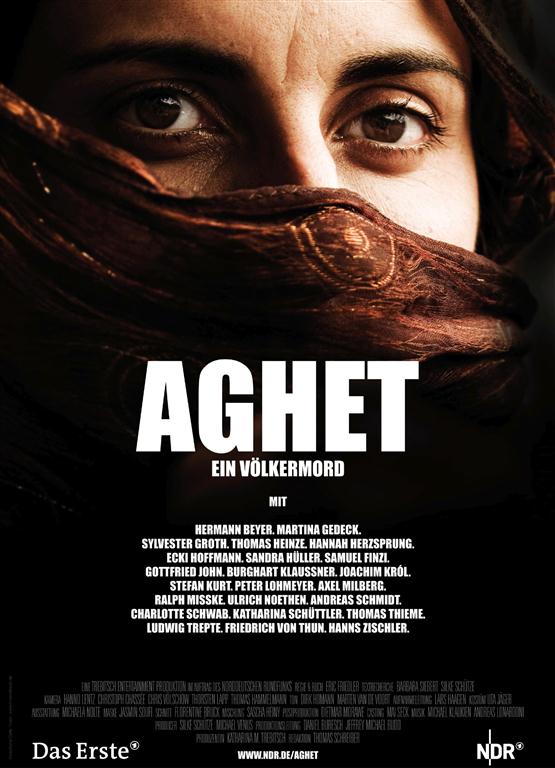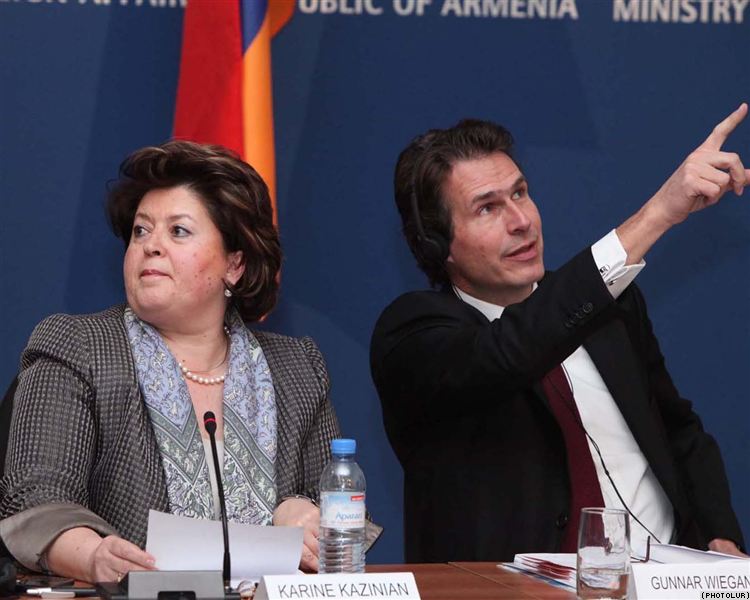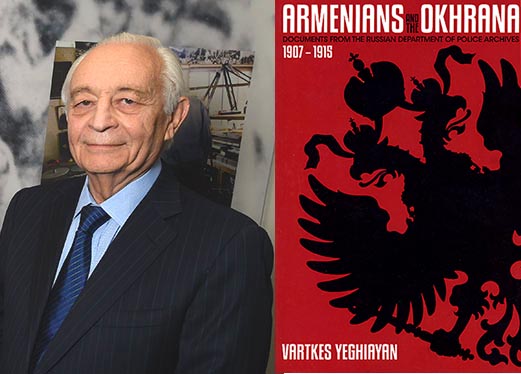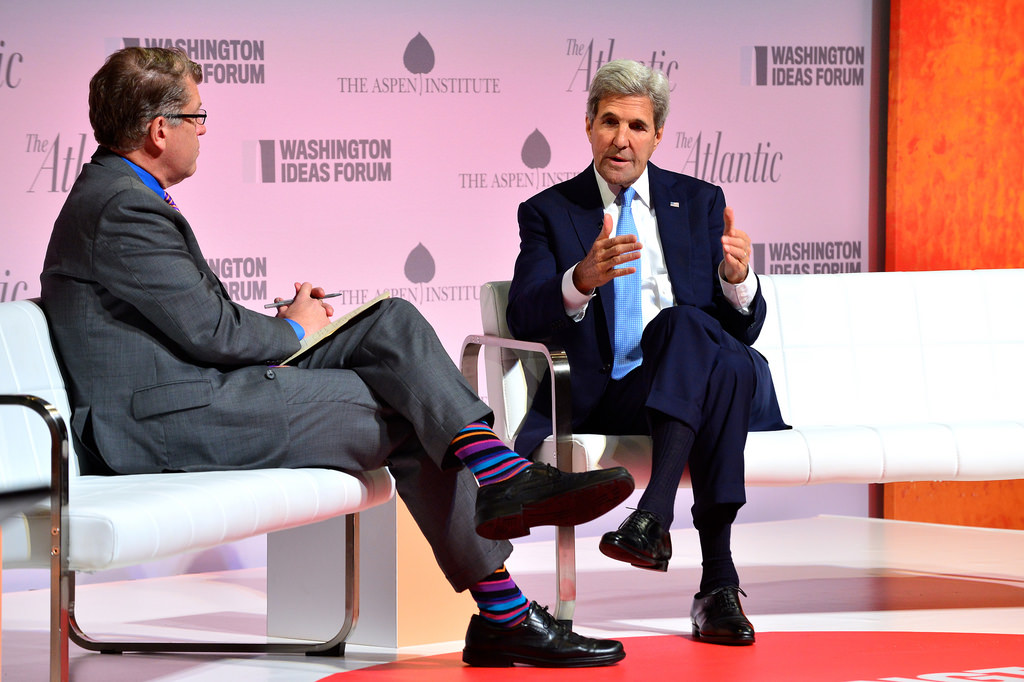By Michelle M. Hu (The Harvard Crimson)
In honor of this year’s Human Rights Day, the Institute of Politics and Carr Center for Human Rights Policy spread awareness of the 1915-1923 Armenian genocide in Turkey by hosting a screening of the documentary Aghet: Nation Murder and a discussion on how international relations have prevented wider recognition of the incident.
Aghet, which is Armenian for “genocide,” featured never-before-seen footage that was released to the public after 90 years in German archives.
German-Australian director Eric Friedler, who was on the panel that spoke after the screening, produced the film with these firsthand accounts, along with footage of modern events related to the genocide.
The discussion, featuring Friedler, Executive Director of the Carr Center Charlie Clements, and President of the Syriac League of Lebanon Habib Afram, focused on the genocide’s recognition in the world.
Though the systematic deportation and extermination of 1.5 million Armenians in Turkey incited the first use of the term “genocide,” it has only garnered recognition from 21 nations around the world, including Germany, according to the Armenian National Institute.
The response of Germany, which was allied with Turkey during World War I, was integral to the incident, according to Friedler. German diplomats and volunteers in Turkey during the time documented the horrors of the genocide despite their country’s political alliance with Turkey.
Response to the film has been positive in Germany, Friedler said, although audiences “were a little bit shocked [that the German people] were involved in another genocide too.”
In Turkey, the film is currently screened in private homes, and Friedler said it is “being given away like a pornographic movie, under the table.”
Audience member Noubar Afeyan, a venture capitalist in Boston whose Armenian relatives were saved from the genocide by Germans in Turkey, said the new documentary, despite its century-old subject matter, was appropriate for Human Rights Day.
“It rarely gets coverage,” he said.
The genocide, he explained, relates to other human rights issues such as China’s denial of Liu Xiaobo’s Nobel Peace Prize this year.
“They all interweave,” Afeyan said, adding that the issue is relevant today because Turkey currently serves as the sole Middle Eastern ally of the West, and the film insinuated that the United States is too afraid to venture into demanding proper recognition. Turkey, the film stated, is “too strategically important to risk upsetting.”
A segment in the film featuring former Secretary of State Condoleezza Rice stating that it was improper for the United States to take a stance prompted laughter, booing, and hissing from the 200-member audience, many of who were of Armenian descent.












